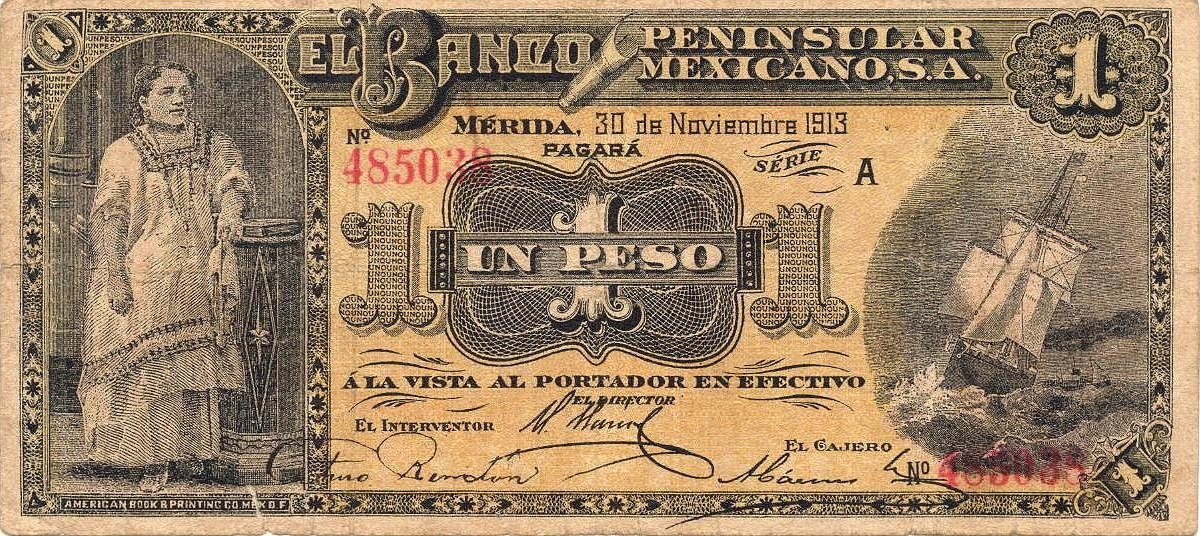Navigating the world of finance can feel overwhelming, especially if you’re just starting out. But understanding the fundamentals is crucial for building a secure future and achieving your financial goals. This guide will break down essential finance basics, providing you with a solid foundation to make informed decisions about your money.
Understanding Your Income and Expenses
Tracking Your Income
Knowing where your money comes from is the first step in managing it effectively. Income isn’t just your salary; it can also include:
- Side hustles: Freelancing, consulting, or a part-time job.
- Investments: Dividends, interest, or rental income.
- Gifts: Occasional monetary gifts from family or friends.
- Actionable Takeaway: Create a spreadsheet or use a budgeting app to track all sources of income. This provides a clear picture of your total financial resources.
Identifying Your Expenses
Tracking expenses reveals where your money is going. Categorize your spending into:
- Fixed Expenses: Consistent costs like rent/mortgage, loan payments, and insurance premiums.
Example: Rent is $1,500 per month.
- Variable Expenses: Costs that fluctuate, such as groceries, utilities, and entertainment.
Example: Grocery bills vary between $300-$400 depending on the week.
- Discretionary Expenses: Non-essential spending, like eating out, movies, and hobbies.
Example: Spending $50 per week on coffee.
- Actionable Takeaway: Use budgeting apps, spreadsheets, or even a notebook to record your spending for at least a month. This will highlight areas where you can potentially cut back. According to a recent survey, individuals who track their expenses are 25% more likely to achieve their savings goals.
Budgeting Basics
Creating a Budget
A budget is a plan for how you’ll spend your money. Common budgeting methods include:
- 50/30/20 Rule: Allocate 50% of your income to needs, 30% to wants, and 20% to savings and debt repayment.
Example: If your monthly income is $4,000, allocate $2,000 to needs, $1,200 to wants, and $800 to savings and debt.
- Zero-Based Budgeting: Assign every dollar a purpose, ensuring your income minus your expenses equals zero.
Example: Account for every dollar for your rent, utilities, food, transportation, entertainment, and savings.
- Envelope Budgeting: Allocate cash for specific spending categories and only use that cash for those expenses.
- Actionable Takeaway: Choose a budgeting method that suits your lifestyle and stick to it. Regularly review and adjust your budget as needed.
Sticking to Your Budget
Staying within your budget requires discipline. Here are some helpful tips:
- Automate Savings: Set up automatic transfers to your savings or investment accounts each month.
- Avoid Impulse Purchases: Wait 24-48 hours before buying non-essential items.
- Find Cheaper Alternatives: Look for discounts, coupons, and cheaper brands.
- Meal Planning: Plan your meals in advance to reduce food waste and eating out.
- Actionable Takeaway: Track your progress against your budget regularly and make adjustments as needed. Don’t get discouraged if you slip up; just get back on track.
Understanding Credit and Debt
Building Good Credit
Your credit score is a crucial factor in many financial transactions, from getting a loan to renting an apartment.
- Pay Bills on Time: Timely payments are the most important factor in your credit score.
- Keep Credit Utilization Low: Aim to use less than 30% of your available credit. For example, if you have a $1,000 credit limit, try not to charge more than $300.
- Monitor Your Credit Report: Check your credit report regularly for errors and signs of fraud.
- Become an Authorized User: If you’re just starting out, becoming an authorized user on a responsible account holder’s credit card can help build your credit history.
- Actionable Takeaway: Develop good credit habits to improve your credit score. This will save you money in the long run by securing lower interest rates on loans.
Managing Debt
Debt can be a significant financial burden. Prioritize paying off high-interest debt first.
- High-Interest Debt: Credit card debt, payday loans.
- Lower-Interest Debt: Student loans, mortgages.
- Debt Management Strategies:
- Debt Avalanche: Focus on paying off the debt with the highest interest rate first.
- Debt Snowball: Pay off the smallest debt first to gain momentum.
- Balance Transfer: Transfer high-interest credit card debt to a card with a lower interest rate.
- Debt Consolidation: Combine multiple debts into a single loan with a lower interest rate.
- Actionable Takeaway: Develop a plan to aggressively pay down debt. Even small, consistent payments can make a big difference over time.
Saving and Investing
Setting Financial Goals
Before you start saving and investing, define your financial goals.
- Short-Term Goals: Saving for a vacation, down payment on a car, or emergency fund. (1-3 years)
- Medium-Term Goals: Saving for a house, starting a business, or paying off student loans. (3-10 years)
- Long-Term Goals: Retirement, children’s education. (10+ years)
- Actionable Takeaway: Write down your financial goals and assign a timeline and dollar amount to each. This will help you stay motivated and on track.
Understanding Investment Options
Familiarize yourself with different investment options and their associated risks and returns.
- Stocks: Ownership shares in a company. Higher risk, higher potential return.
- Bonds: Loans to governments or corporations. Lower risk, lower potential return.
- Mutual Funds: Pools of money invested in a variety of stocks, bonds, and other assets.
- Exchange-Traded Funds (ETFs): Similar to mutual funds but trade like stocks.
- Real Estate: Investing in properties to generate rental income or for capital appreciation.
- Actionable Takeaway: Start small and diversify your investments. Consider consulting a financial advisor to help you create a personalized investment plan. Remember that past performance is not indicative of future results.
Conclusion
Understanding finance basics is the first step towards achieving financial security and building a brighter future. By tracking your income and expenses, creating a budget, managing debt effectively, and saving and investing wisely, you can take control of your finances and achieve your financial goals. Start small, stay consistent, and seek professional advice when needed. The journey to financial well-being is a marathon, not a sprint, but with the right knowledge and discipline, you can achieve your dreams.




